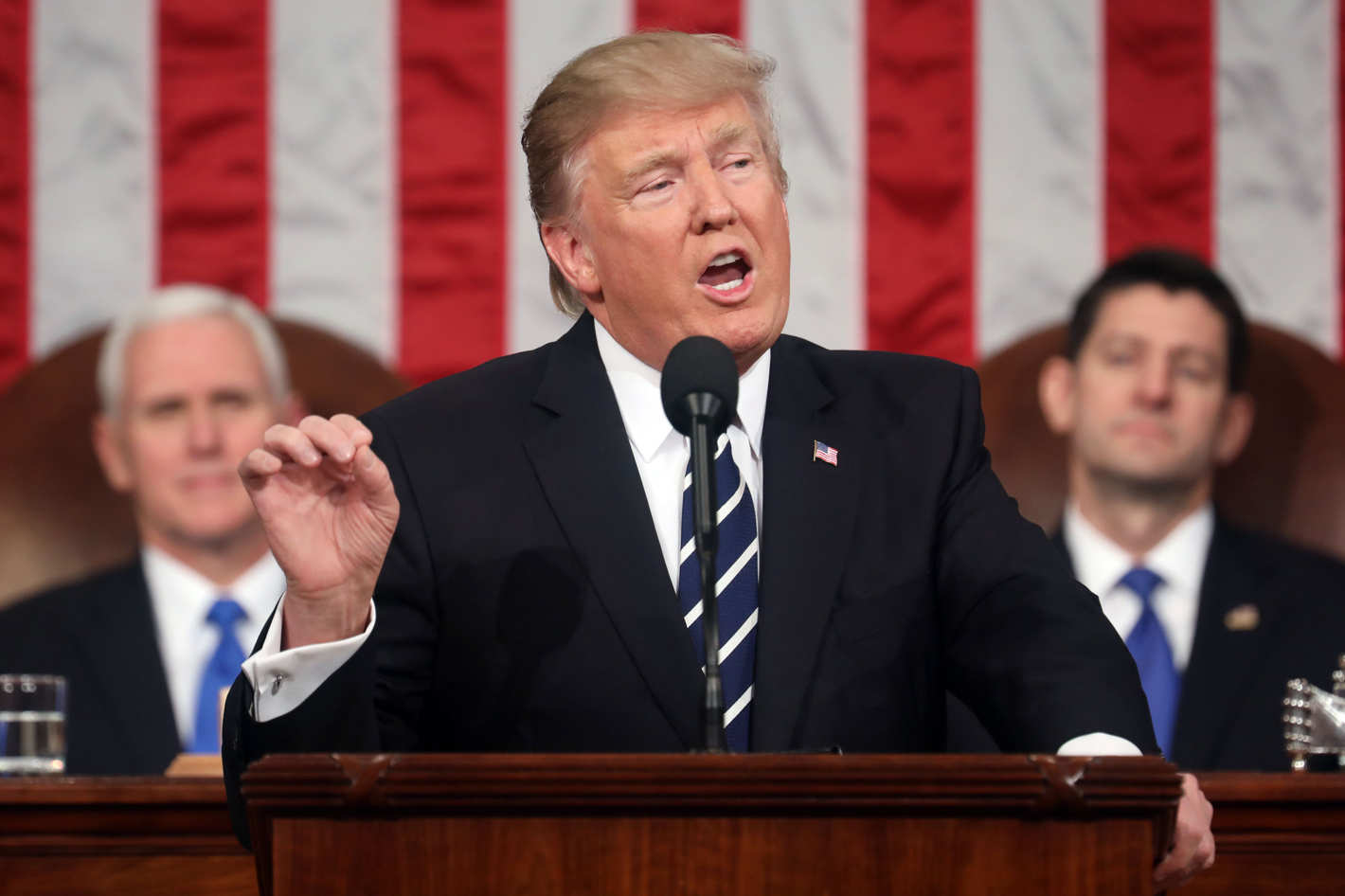
Tao Wenzhao, Honorary Member of the Chinese Academy of Social Sciences; Fellow, CASS Institute of American Studies
Feb 08, 2018
Dividing the world into camps of “free societies” and “repressive regimes”, and proposing to collaborate with countries of similar values to deal with “repression”, sends a message that threatens to split the international community.
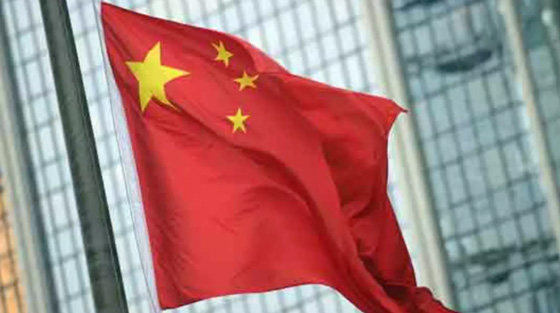
Lucio Blanco Pitlo III, President of Philippine Association for Chinese Studies, and Research Fellow at Asia-Pacific Pathways to Progress Foundation
Feb 08, 2018
Xi’s report to the 19th Party Congress outlined promising opportunities for China to play ever greater constructive and positive roles for the world. However, making those contributions will not be without challenges, and the manner and motives behind such efforts will always be under scrutiny.
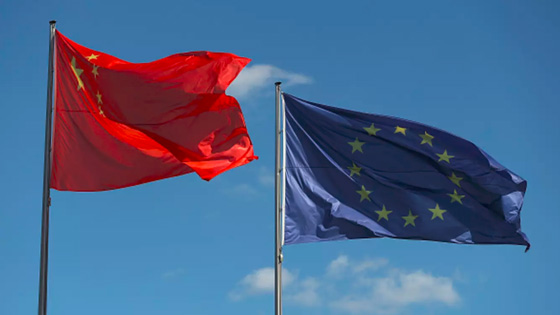
Feng Zhongping, Director, Institute of European Studies, Chinese Academy of Social Sciences (CASS)
Feb 07, 2018
China’s relations with Europe are improving, but still fraught with contentious issues.
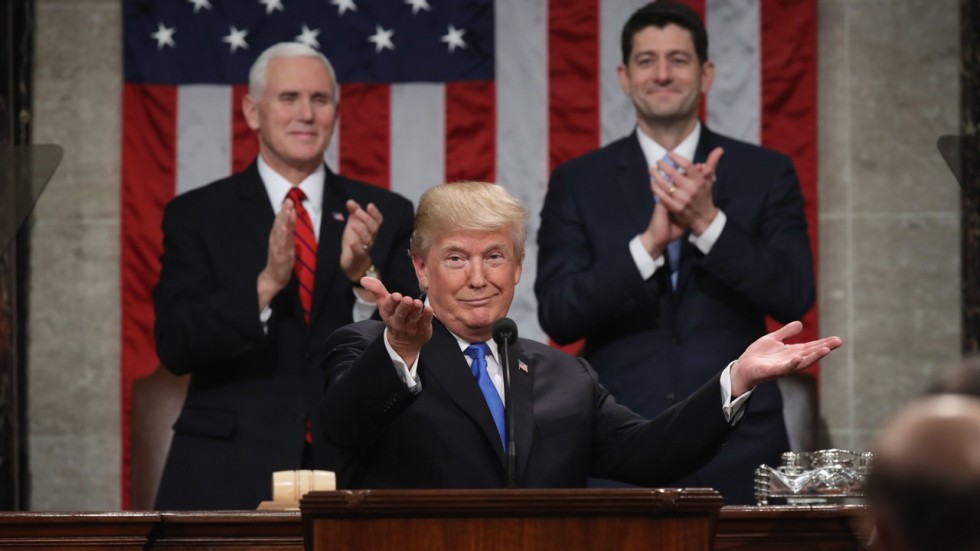
Sun Chenghao, Fellow, Center for International Security and Strategy of Tsinghua University; Munich Young Leader 2025
Feb 07, 2018
The U.S. now tries to expand the problems, increasing the geographical competition and threats. This may drag China-U.S. relations into treacherous waters.
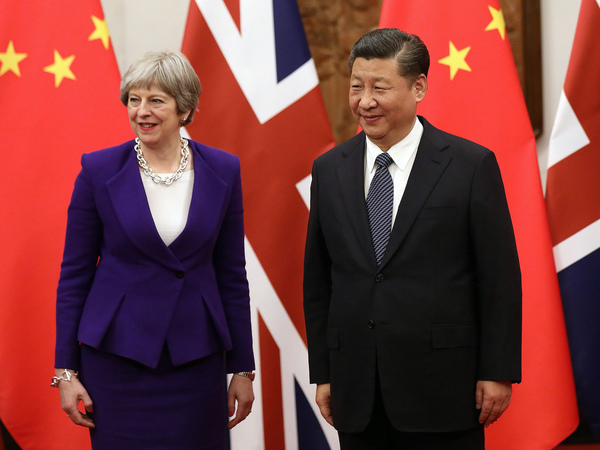
Zhang Bei, Assistant Research Fellow, China Institute of International Studies
Feb 06, 2018
China and the UK have entered a golden era of relations.
Richard Javad Heydarian, Professorial Chairholder in Geopolitics, Polytechnic University of the Philippines
Feb 02, 2018
In recent weeks, Washington has stepped up its efforts to check Chinese maritime ambitions in the South China Sea. The Pentagon has stepped up its Freedom of Navigation Operations, while deploying Defense Secretary James Mattis to key Southeast Asian partners. With China emerging as America’s top national security concern, there are growing signs that the Trump administration’s South China Sea policy is finally taking shape.
Sampson Oppedisano, Executive Assistant to the Dean, The Milano School of International Affairs, Management and Urban Policy
Feb 02, 2018
More often than not, the start of the new year is marked with a sense of hope and renewal, a chance to learn from the previous year’s trials and transgressions, a chance of getting things right the next time around. However, if the world has learned anything during the last year that the Trump Administration has been in power, it is that hope, renewal, and learning from past mistakes seem to be far from the top of the administration’s New Year’s resolution list.
Cui Liru, Former President, China Institutes of Contemporary International Relations
Feb 01, 2018
In a recent speech, Xi Jinping referred to a “period of historic opportunities” instead of a “period of strategic opportunities.”
CHEN, Xiangyang, Associate Researcher, Korea Peninsula Program, CICIR
Feb 01, 2018
What was behind the Vancouver Foreign Ministers’ Meeting, and what are its implications?
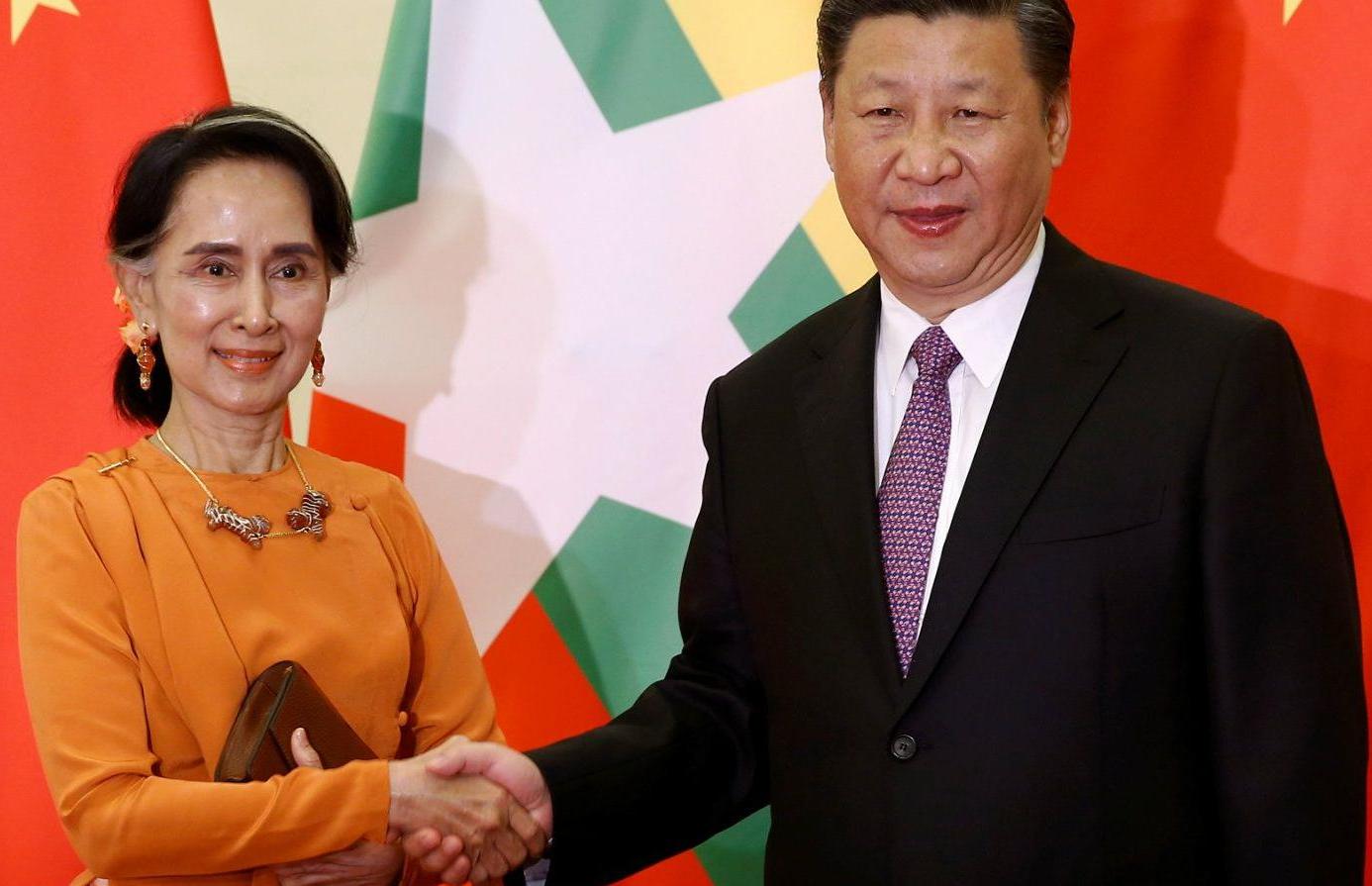
Mikaila Smith, J.D. Candidate at the University of Chicago Law School
Jan 30, 2018
Myanmar is vital to President Xi’s “One Belt One Road” project, but China-Myanmar relations have had a cooling off period since 2011, when Myanmar began the democratic reform process. By capitalizing on its strong historical relationship with all sides of Myanmese power, China may be able to carve out a niche and pursue its own interests in the process.
Back to Top

- China-US Focus builds trust and understanding between the U.S. and China through open dialogue among thought leaders.
- Our Offerings
- Topics
- Videos
- Podcasts
- Columnists
- Research Reports
- Focus Digest
- Stay Connected
-
Thanks for signing up!
- Get the latest stories from China-US Focus weekly.